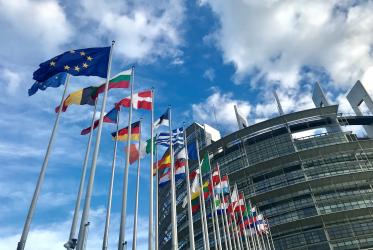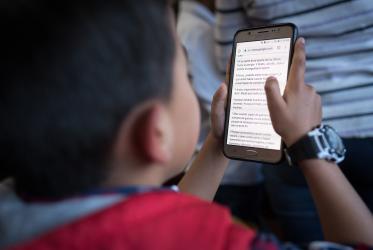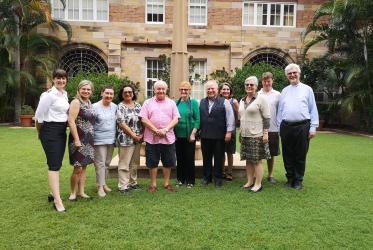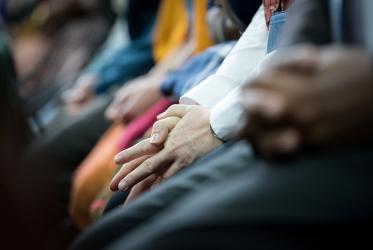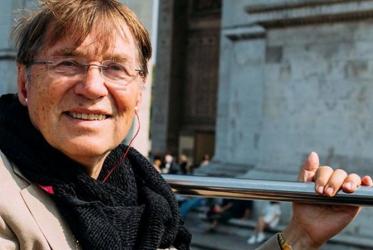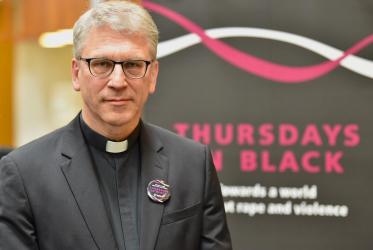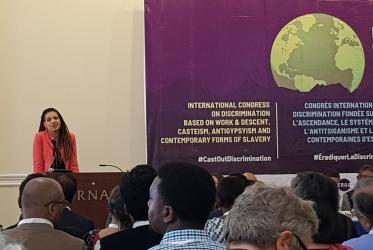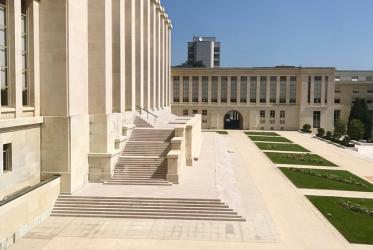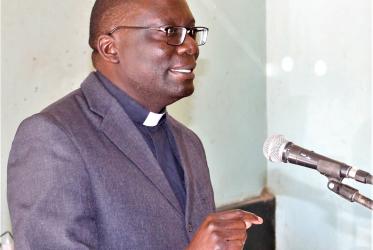Displaying 81 - 100 of 619
Christian communicators urge technologies that unite
20 March 2020
Freedom of religion rooted in justice
06 March 2020
Workshop addresses human rights in Australia
25 February 2020
On International Human Rights Day, WCC’s work is ever-present
10 December 2019
Retired Norway bishop risks jail over principles
05 December 2019
The cry of the Papuans in Indonesia
14 November 2019
WCC general secretary: Iraqi people’s voices must be heard
05 November 2019
Markus Imhoof film receives human rights award
10 October 2019
WCC co-signs message to UN on statelessness
07 October 2019
WCC offers statement on racism before UN Human Rights Council
24 September 2019
WCC organises event on “The Human Rights Situation in the Philippines”
18 September 2019
Council of Churches in Zambia: “Involve the people in the process”
09 September 2019

